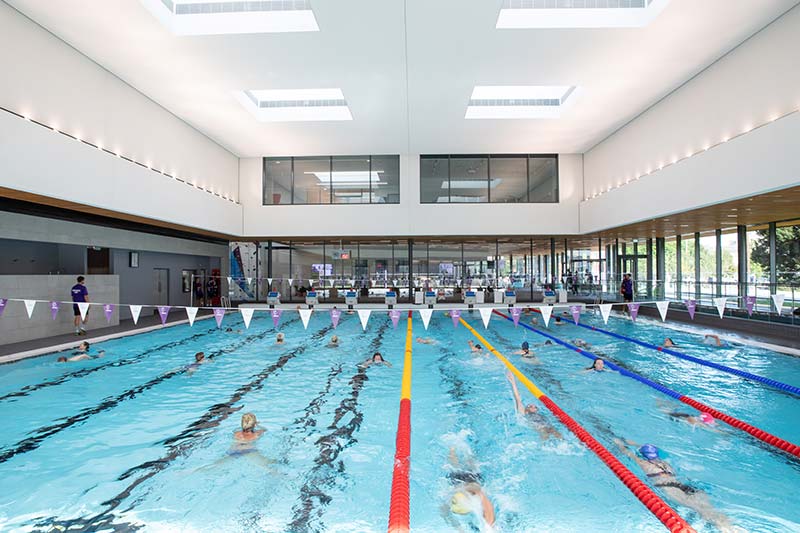Overview
If you're looking to take your skills into postgraduate research, our research degree programmes can help you achieve your ambitions.
Our research supervisors come from practical and theoretical backgrounds and are well positioned to support you in various research programmes.
We encourage qualitative and practice-led research, using research skills such as historical research, semiotic analysis, user research, action research, iterative process and reflective practice.
Support and facilities
When you join us, you'll be supported by our Graduate School, alongside your assigned supervisory team, who'll help you get the most from our facilities. The Graduate School will help you become part of our thriving, collaborative research community, and help grow your skills as a researcher through the Graduate School Development Programme, which offers training, workshops and events.
You'll access facilities for practical and creative development in a wide range of production methods. You can use study areas for creative practice and academic study, dedicated computer suites with the latest software and digital printing, a printmaking workshop, photographic facilities, digital fabric printing and laser cutting.
What can a postgraduate research degree do for my career?
Once you complete your postgraduate research degree, you'll be a highly-skilled researcher with the knowledge and skills to make an impact in many different industries.
Your postgraduate research qualification demonstrates to potential employers that you're an intelligent, capable and motivated person, with provable abilities and experience in critical thinking, problem-solving, project management, communication, leadership and creativity.
After researching with us, our successful postgraduate research candidates have gone on to impressive positions in academia and the private sector.
















